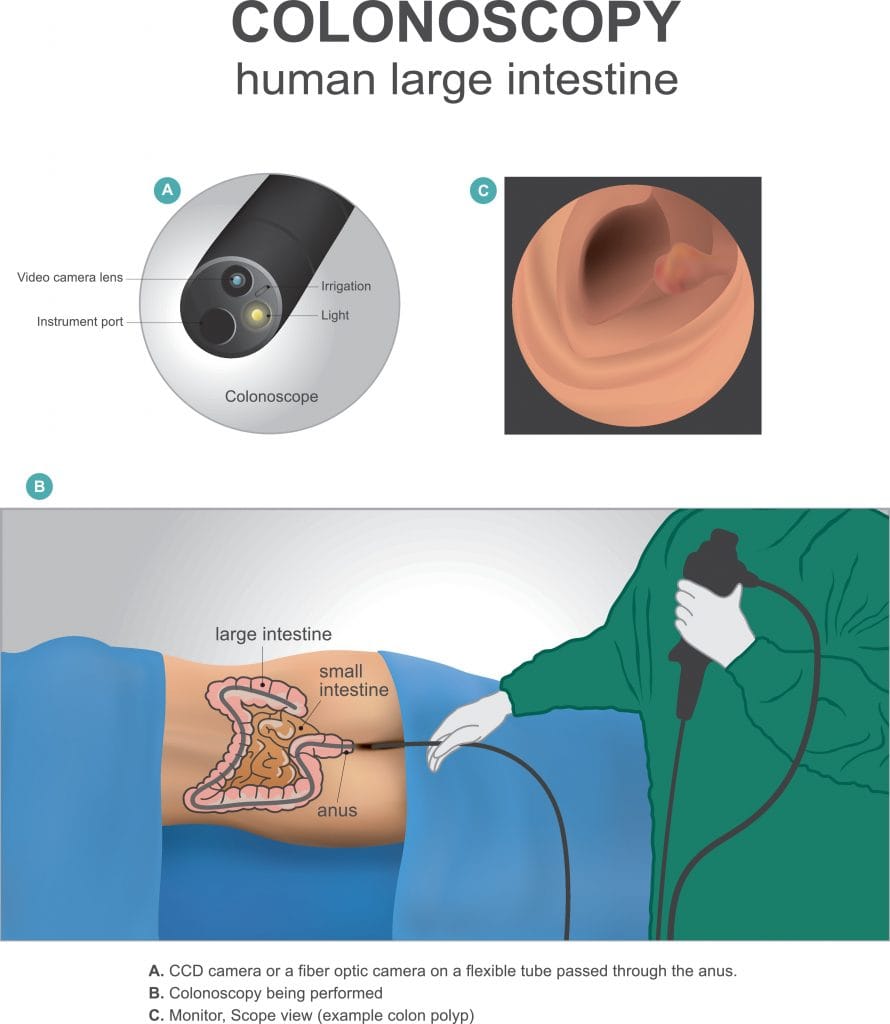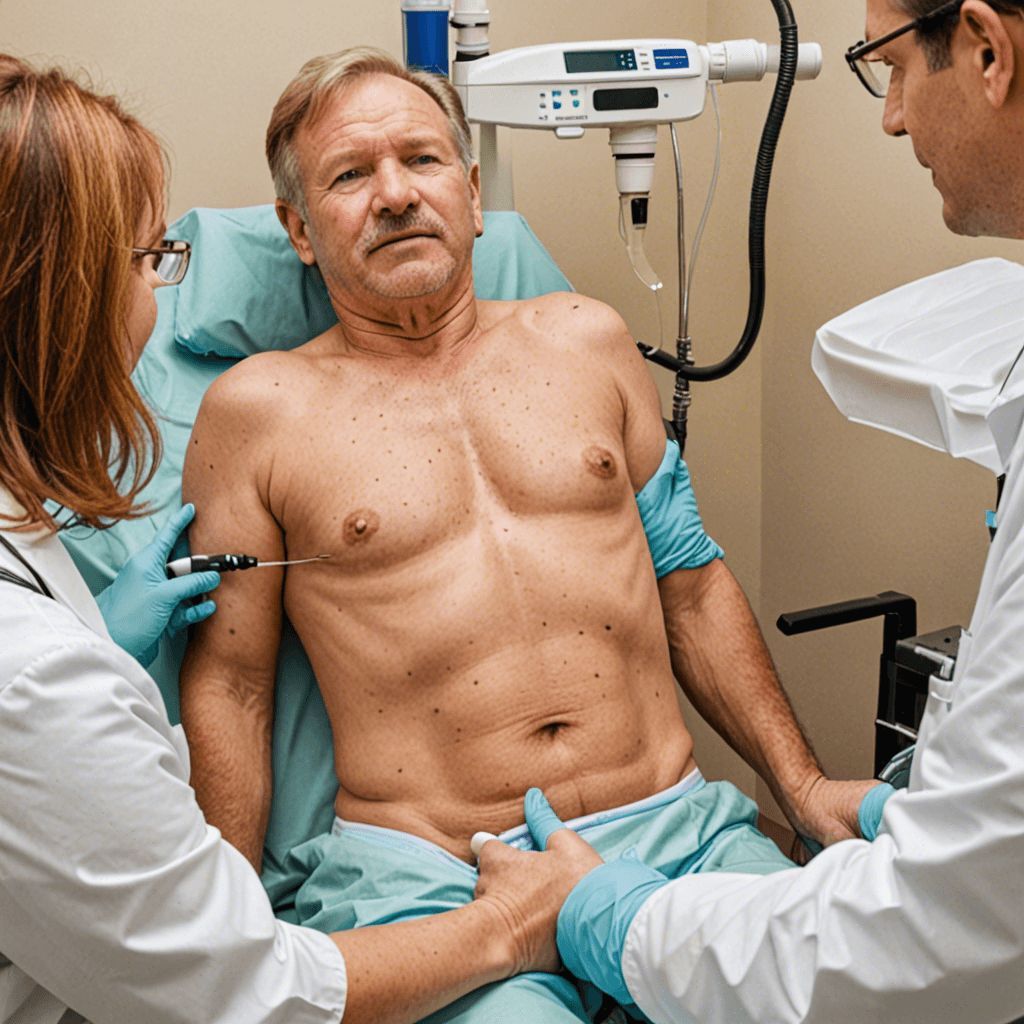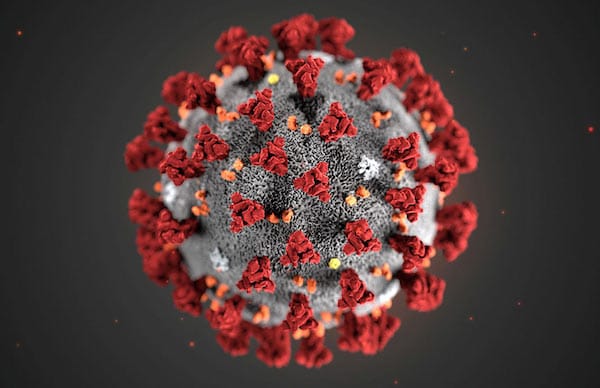
Colonoscopy is a vital medical procedure that plays a crucial role in the detection and prevention of colorectal cancer and other gastrointestinal conditions.
In this blog, we delve into the intricacies of colonoscopy, exploring its purpose, procedure, and profound impact on health. Whether you’re considering a colonoscopy or simply seeking to understand more about this essential screening tool, this article aims to provide valuable insights.
What is a Colonoscopy?
A colonoscopy is a diagnostic procedure that allows healthcare professionals to examine the lining of the colon (large intestine) and rectum using a long, flexible tube called a colonoscope. This instrument is equipped with a camera and light, enabling the doctor to visualize the interior of the colon and identify any abnormalities, such as polyps, inflammation, or signs of colorectal cancer.
Why is Colonoscopy Important?
Colonoscopy is primarily used for colorectal cancer screening and prevention. Colorectal cancer is the third most prevalent cancer globally but when detected early, it is highly treatable. Colonoscopy allows for the detection and removal of precancerous polyps before they have the chance to develop into cancerous growths.
Additionally, colonoscopy can aid in the diagnosis and management of various gastrointestinal conditions, including inflammatory bowel disease (IBD), diverticulosis, and gastrointestinal bleeding.
Who Should Get a Colonoscopy?
Guidelines for colonoscopy screening vary depending on individual risk factors, age, and medical history. In general, it is recommended that individuals at average risk for colorectal cancer undergo a colonoscopy starting at age 50 and then repeat the procedure every 10 years, or as recommended by their healthcare provider.
However, those with a family history of colorectal cancer or certain risk factors may need to start screening earlier and undergo more frequent screenings.
What to Expect During a Colonoscopy
Before the procedure, patients are typically instructed to follow a clear liquid diet and undergo bowel preparation to cleanse the colon. During the colonoscopy, patients are usually sedated to minimize discomfort and ensure relaxation throughout the procedure.
The colonoscope is gently inserted into the rectum and advanced through the colon while the doctor examines the lining for abnormalities. If polyps or other lesions are detected, they can be removed or biopsied during the procedure.
Benefits of Colonoscopy
Colonoscopy offers several key benefits, including:
- Early detection and prevention of colorectal cancer
- Removal of precancerous polyps before they become malignant
- Diagnosis and management of various gastrointestinal conditions
- Comprehensive examination of the entire colon, allowing for accurate assessment of colon health
Conclusion
Colonoscopy is a valuable tool in the prevention and early detection of colorectal cancer and other gastrointestinal conditions. By undergoing regular screenings as recommended by your healthcare provider, you can take proactive steps to protect your colon health and overall well-being.
If you have any concerns about colorectal health or are due for a screening, don’t hesitate to discuss your options with your doctor. Your health is our priority, and we are here to support you every step of the way.
Frequently Asked Questions
What is a colonoscopy?
A colonoscopy is a procedure where a doctor uses a flexible tube with a camera to check the colon and rectum for problems like polyps or signs of cancer.
Why is a colonoscopy important?
Colonoscopies help detect and prevent colorectal cancer by finding and removing precancerous polyps before they turn into cancer.
Who should get a colonoscopy?
Most people should get a colonoscopy starting at age 50. If you have a family history or other risk factors, you may need one earlier and more often.
What happens during a colonoscopy?
Before the procedure, you’ll follow a special diet and take medicine to clean out your colon. During the procedure, you’ll be sedated, and the doctor will check your colon for problems.
What are the benefits of a colonoscopy?
Colonoscopies help detect cancer early, remove harmful polyps, and diagnose other digestive issues like IBD or bleeding.
What can a colonoscopy diagnose?
Colonoscopies can diagnose conditions like colorectal cancer, inflammatory bowel disease (IBD), and diverticulosis.
How do I prepare for a colonoscopy?
You’ll need to follow a special diet and take medication to clean out your colon before the procedure to ensure accurate results.





